Web Design Concepts
Web design encompasses various principles and practices related to creating and maintaining websites. Whether you’re a beginner or looking to enhance your existing knowledge, understanding these concepts is essential for effective web design. Here are some fundamental aspects:
- User-Centric Approach:
- User Experience (UX): Prioritize user needs, ensuring that your website is intuitive, accessible, and enjoyable to navigate.
- User Interface (UI): Design visually appealing and functional interfaces that guide users through the site.
- Visual Design:
- Layout: Organize content logically using grids, columns, and whitespace.
- Typography: Choose fonts that enhance readability and convey the brand’s personality.
- Color: Use a consistent color scheme that aligns with the brand and evokes desired emotions.
- Content Strategy:
- Information Architecture: Plan the site’s structure, including navigation menus and content hierarchy.
- Content Creation: Craft valuable, relevant, and engaging content for users.
- Responsive Design:
- Ensure your website looks and functions well across various devices (desktops, tablets, and mobile phones).
- Performance Optimization:
- Optimize images, minimize code, and use caching techniques to improve loading speed.
- Prioritize accessibility for users with disabilities.
- SEO (Search Engine Optimization):
- Implement SEO best practices to enhance visibility on search engines.
- Use relevant keywords, meta tags, and descriptive URLs.
- Testing and Iteration:
- Regularly test your website for functionality, compatibility, and performance.
- Gather feedback and iterate based on user behavior and analytics.
Remember, web design is a dynamic field, and staying updated with industry trends and technologies is crucial for success. Explore resources, practice, and enjoy the creative process! 🌐💡
For more detailed information, you can refer to the 9 Fundamental Concepts For Effective Web Design1.


